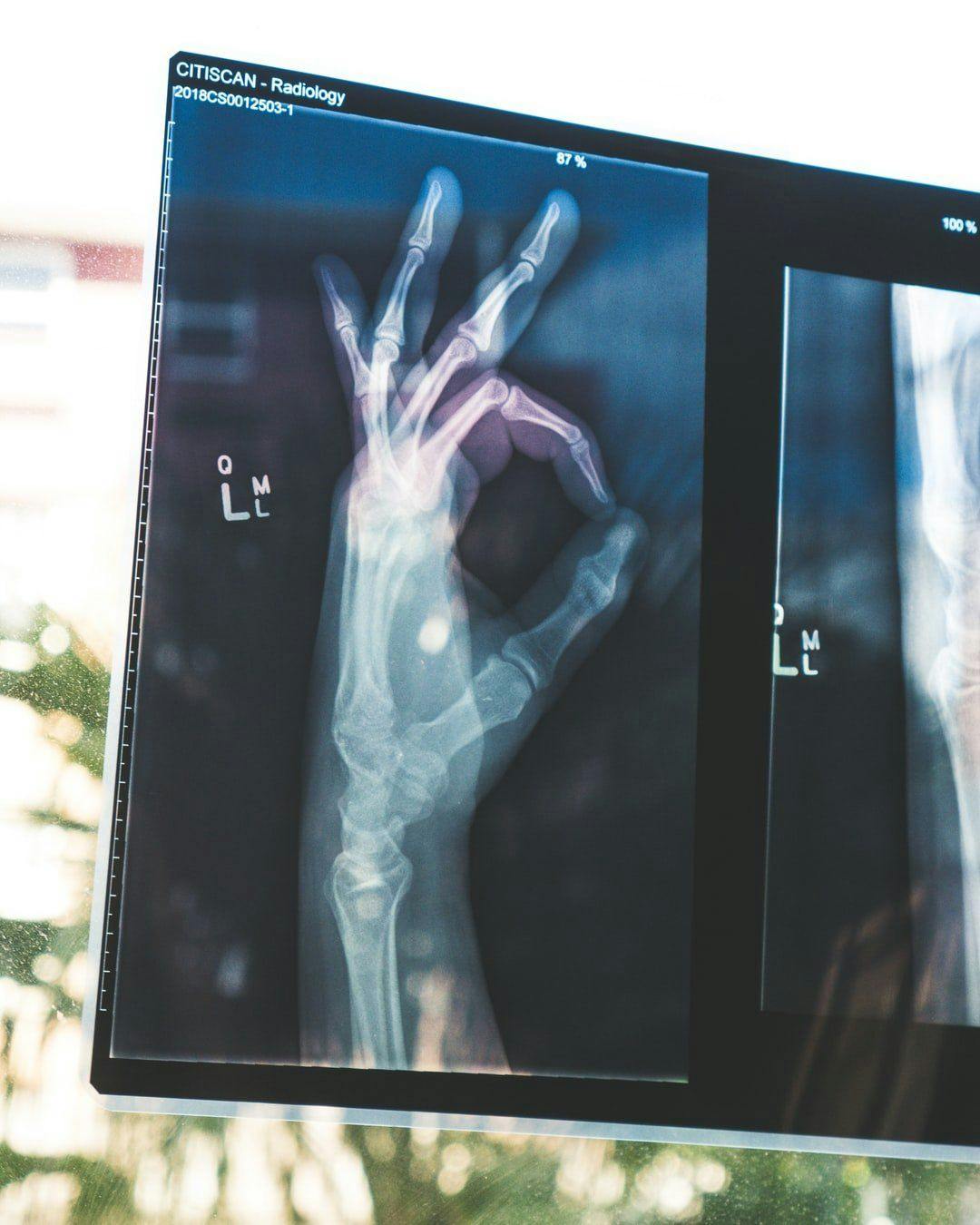322 reads
Are Time Clock Machines With Fingerprints Legit?
by
January 11th, 2021
Nonprofit organization dedicated to data-driven tech accountability journalism & privacy protection.
About Author
Nonprofit organization dedicated to data-driven tech accountability journalism & privacy protection.
